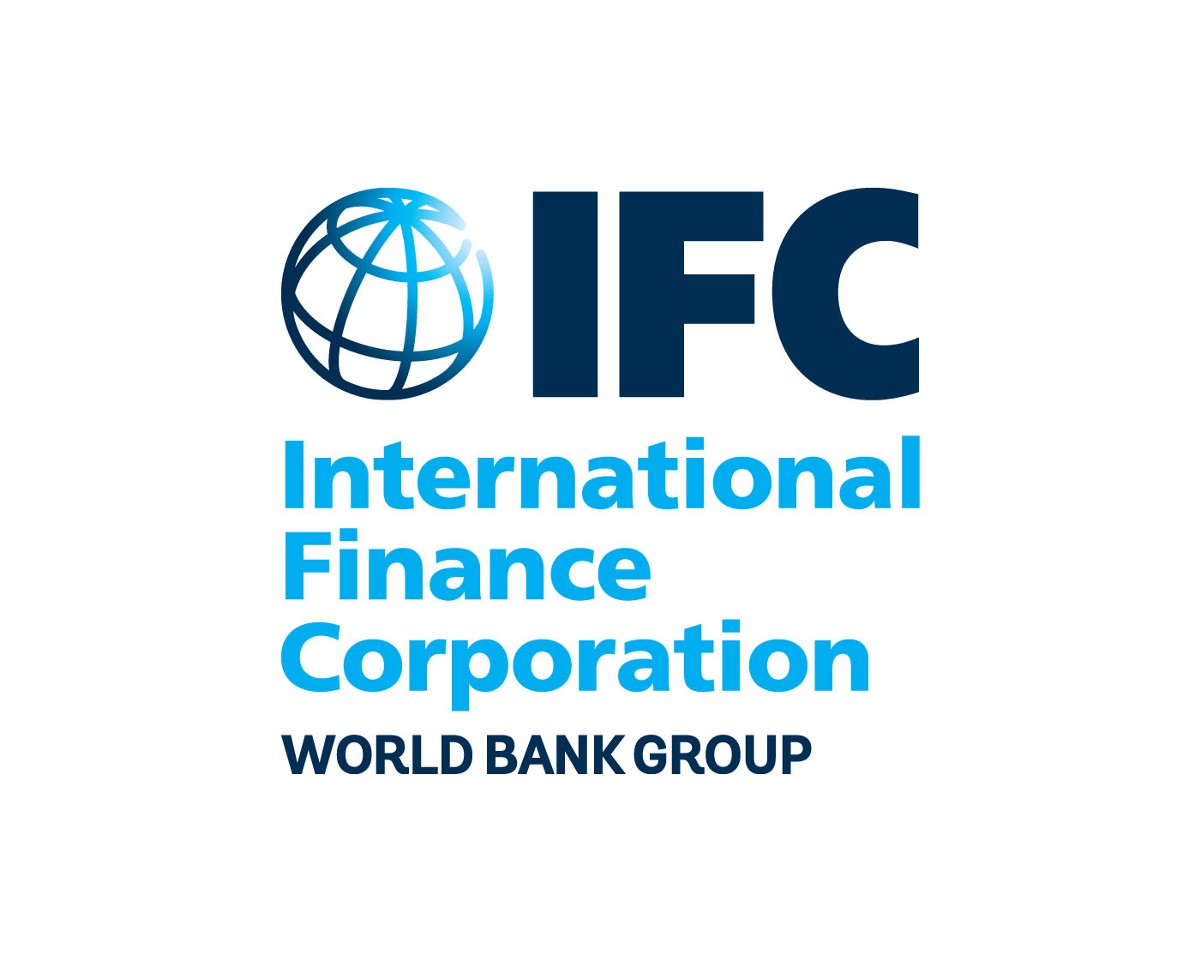Azerbaijan strengthens financial institutions, regulatory and supervisory framework including corporate governance in banks, which leads to improvement of the macroeconomic situation in Azerbaijan.
The reforms carried out in the country to strengthen the macroeconomic and financial stability have been positively assessed by the International Finance Corporation (IFC).
IFC Regional Manager Damien Shiels stressed at the meeting with Alim Guliyev, First Deputy Chairman of the Central Bank of Azerbaijan, that IFC is ready to continue the support of the development of the private sector in the country.
The meeting topics included the IFC current and future action program in Azerbaijan, including financial infrastructure, electronic and digital financial services.
Guliyev spoke about the economic reforms in the country and the projects being implemented by the Central Bank in accordance with the program of economic reforms. He stressed the importance of cooperation with IFC and expressed confidence that the relations will continue to develop in the future.
Meanwhile, Jan van Bilsen, IFC Chief Regional Manager for the South Caucasus and Russia, told Trend that IFC has been supporting the Azerbaijani private sector for over 20 years and has invested $500 million within this period.
Van Bilsen stated that investments worth $350 million were directed for trade financing and investments were also made in the Baku-Tbilisi-Ceyhan pipeline.
He stressed that taking into account recent economic processes there is a necessity to pay more attention to the private sector rather than to natural resources.
Moreover, he pointed out that launch of the project entitled “Formation of the investment environment and competition in agribusiness” was aimed at increasing the competition in the Azerbaijani agribusiness through IFC’s organizational support and financial assistance from the Swiss State Secretariat for Economic Affairs (SECO) and the Austrian Ministry of Finance.
“This is an important step to maintain the development of the business environment and competition in the Azerbaijani agribusiness sector, which ultimately will have a positive impact on the development of the non-oil sector as a whole,” van Bilsen noted.
He stressed that the expansion of economic development directs Azerbaijan’s focus on the development of small and medium-sized businesses, which is in line with the regional plans of the World Bank (WB).
Underlining creation of equal conditions for all entrepreneurs of small and medium-sized businesses, which plays important role in shaping the business environment, van Bilsen said that the recent reforms carried out in Azerbaijan in the field of private sector regulation have yielded results, which has been outlined in the WB Doing Business 2019 report, where Azerbaijan ranked 25th.
He also regarded Azerbaijan as a loyal and reliable partner due to the three-year project on the investment environment and competition in the agribusiness sector.
“The country’s agribusiness will receive advanced experience in the field of competition, which will reduce administrative and budgetary expenses,” van Bilsen commented. “At the same time, this will create the conditions for maintaining public interest in this sphere and equal conditions for entrepreneurs.”
Speaking about the further contribution to the flow of investments into the country, he stressed that the project will also help to improve the legal and administrative framework.




